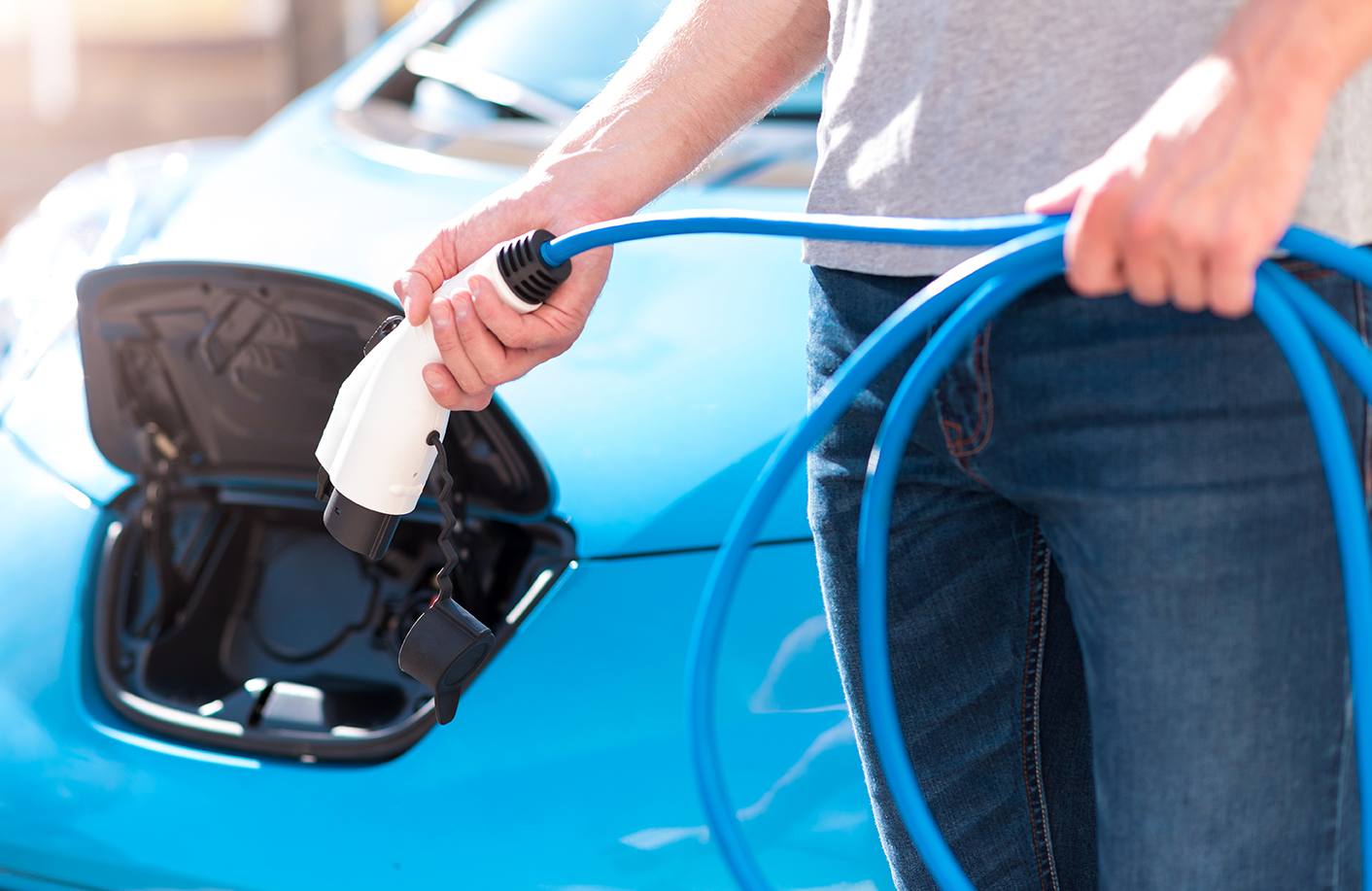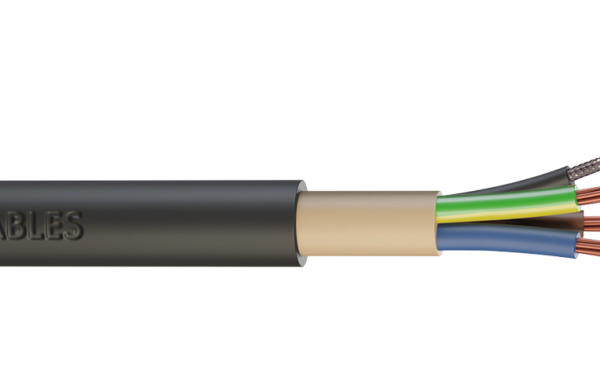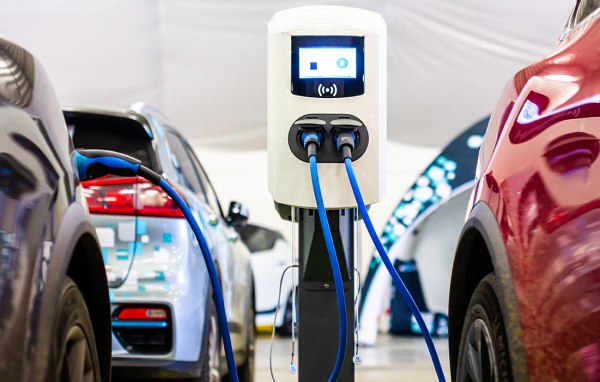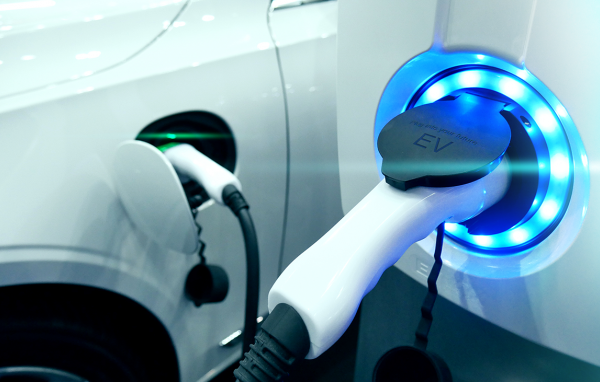The UK Cable Infrastructure Challenges for Electric Vehicles to 2030 and beyond
The UK government is committed to meeting its carbon reduction targets by 2050, and a key part of its strategy is the transition to electric vehicles (EVs) by 2030. This has seen a rapid rise in EVs but it is becoming clear that the infrastructure to support them is struggling to meet demand. In particular, the cable infrastructure challenges for EVs to 2030 and beyond is significant.
The current UK wiring regulation, 18th Edition of BS 7671, requires all EV charging infrastructure to comply with local building regulations and codes to ensure the safe and reliable installation of charging stations. One critical aspect of this infrastructure is the charging cable used to connect the vehicle to the charging station. BS7671 set specific requirements for the EV charging cables to ensure safety and proper functioning of electrical installations. It requires EV charging cables to be certified to IEC 61851 standard, which defines the connector type and communication protocol between the charging station and the vehicle. It ensures that the cable is safe and reliable for the user and the vehicle and that the cables are capable of safely handling the electrical load without overheating or causing other safety issues.
In addition, BS7671 requires appropriate installation and maintenance of electric vehicle charging infrastructure, including the charging cable. This means certified electricians must be involved in the installation process, and regular inspections and maintenance must be performed to ensure that the charging cable and other components are in good working order. The cable is checked in accordance with standards such as IEC 62196 which cover the functional test requirements of cables used in commissioning testing of charging unit installations.

However, it is important to note that while the IEC 62196 standard covers the functional test requirements of cables used in EV charging, it does not cover material performance test requirements. Defects in the cable’s material performance may not be picked up during commissioning testing, which could impact the safety and reliability of EV charging. Therefore, to address this gap, it is essential during commissioning testing to check the cables have been tested for its material characteristics by independent certification bodies, such as BASEC.
Also, Section 722 of BS 7671 (18th Edition) provides guidelines for the installation of electric vehicle charging equipment in domestic and commercial premises. One of the key requirements of Section 722 is the use cables that are designed to meet specific safety standards for EV charging cables, such as the European Standard EN 50620 or the International Electrotechnical Commission (IEC) 62993 series of standards, which cover the design, construction, and testing of cables used for charging electric vehicles. The EN 50620 standard sets out the requirements for the construction and testing of charging cables, while the IEC 62993 series of standards provides guidance on the selection and installation of cables.
BASEC provide certification to both these standards, which helps to independently verify that EV charging cables are designed and tested to be durable and resistant to wear and tear, as well as being highly resistant to heat and electrical interference. This is essential for ensuring that they are safe to use with electric vehicles.
In summary, the challenge of EV charging cable infrastructure is significant and requires attention if we are to achieve a more sustainable future. The UK wiring regulations (BS7671) set requirements for certified electric vehicle charging cables, which is an important safety measure for EV charging installations. By requiring the use of certified cables and providing guidelines for the installation of electric vehicle charging equipment, the regulations help to ensure that electric vehicles can be charged safely and reliably in domestic and commercial premises. Subsequently helping to address some of the UK cable infrastructure challenges for electric vehicles to 2030 and beyond.
To learn more about cable testing and certification for electric vehicles, download your free copy of the Electric Vehicle charging cable guide.




